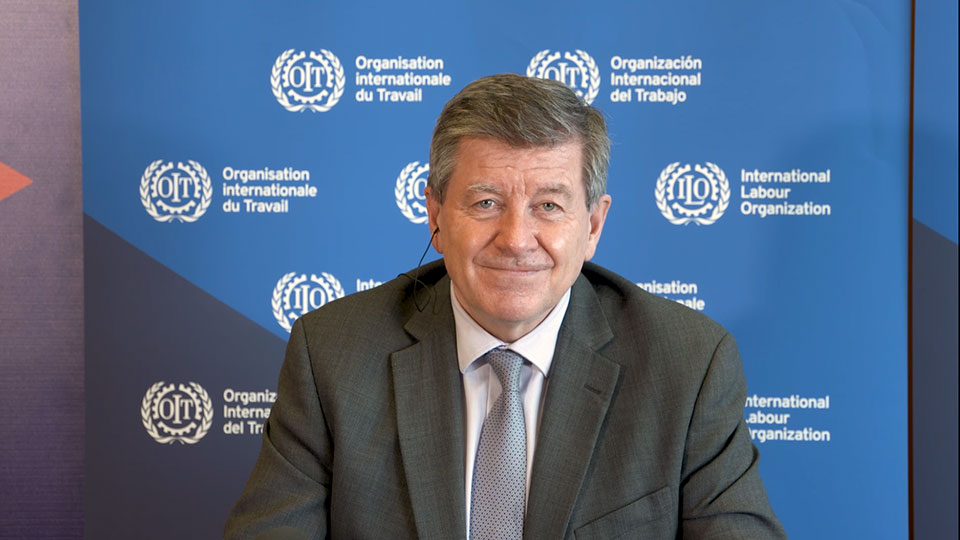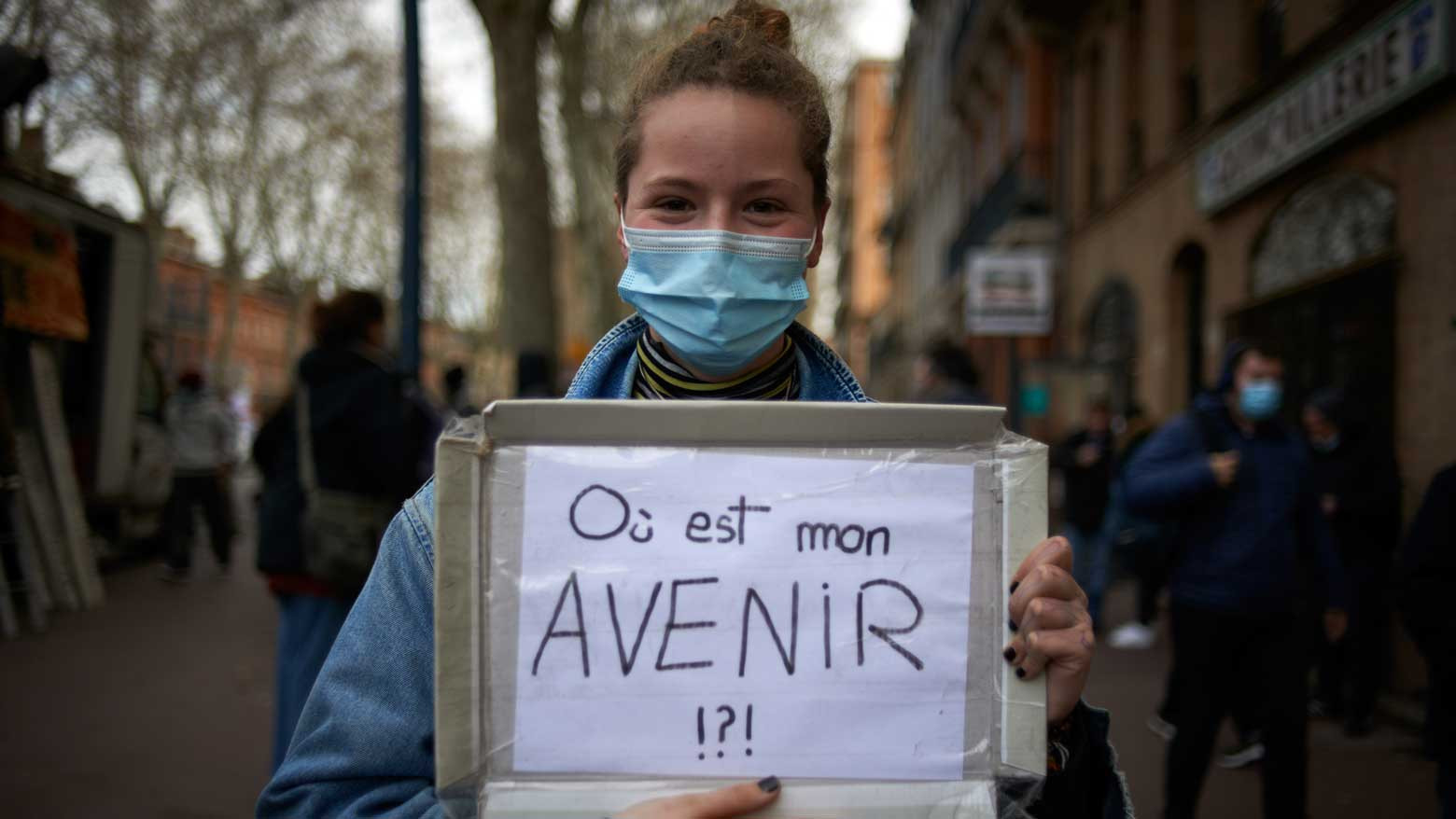The ILO report, released on January 25, laid out the effect on people's finances: "These massive losses resulted in an 8.3% decline in global labor income (before support measures are included), equivalent to US$3.7 trillion or 4.4% of global GDP."

ILO data show that women have been more affected than men. Globally, employment losses for women stood at 5%, compared to 3.9% for men. "Women suffered very badly during the crisis, both in terms of losing employment or losing hours of work and also in losing labor income," says Ryder.
Younger workers have been hit worst by the pandemic. The employment loss among people aged between 15 and 24 stood at 8.7%, compared to 3.7% for those aged 25 or older. Ryder says younger workers were in a weak situation in the labor market, even before the pandemic hit.
He points out that there is an all-too-real risk of a lost generation. "Very high proportions of young people simply withdrew from the labor market and became inactive," he says. "We do talk about the danger of a lost generation of young people as a consequence of the coronaviruses pandemic. The danger is they become marginalized or detached from labor markets. And, regrettably, this can have very long-term consequences for them going well beyond the period of the pandemic itself."
Vaccinations and uneven recovery across the world
The ILO projects that most countries will experience a relatively strong recovery in the second half of 2021 as vaccination programs take effect. However, Ryder says gaps in the distribution of vaccines between rich and developing countries could create an uneven recovery across the world.
"I think we do need to see a great deal more international cooperation in the field of vaccines and indeed in the field of economic policy itself," he says. "I think it is fundamentally important to act on the understanding that nobody will be out of this crisis until everybody is out of this crisis."


